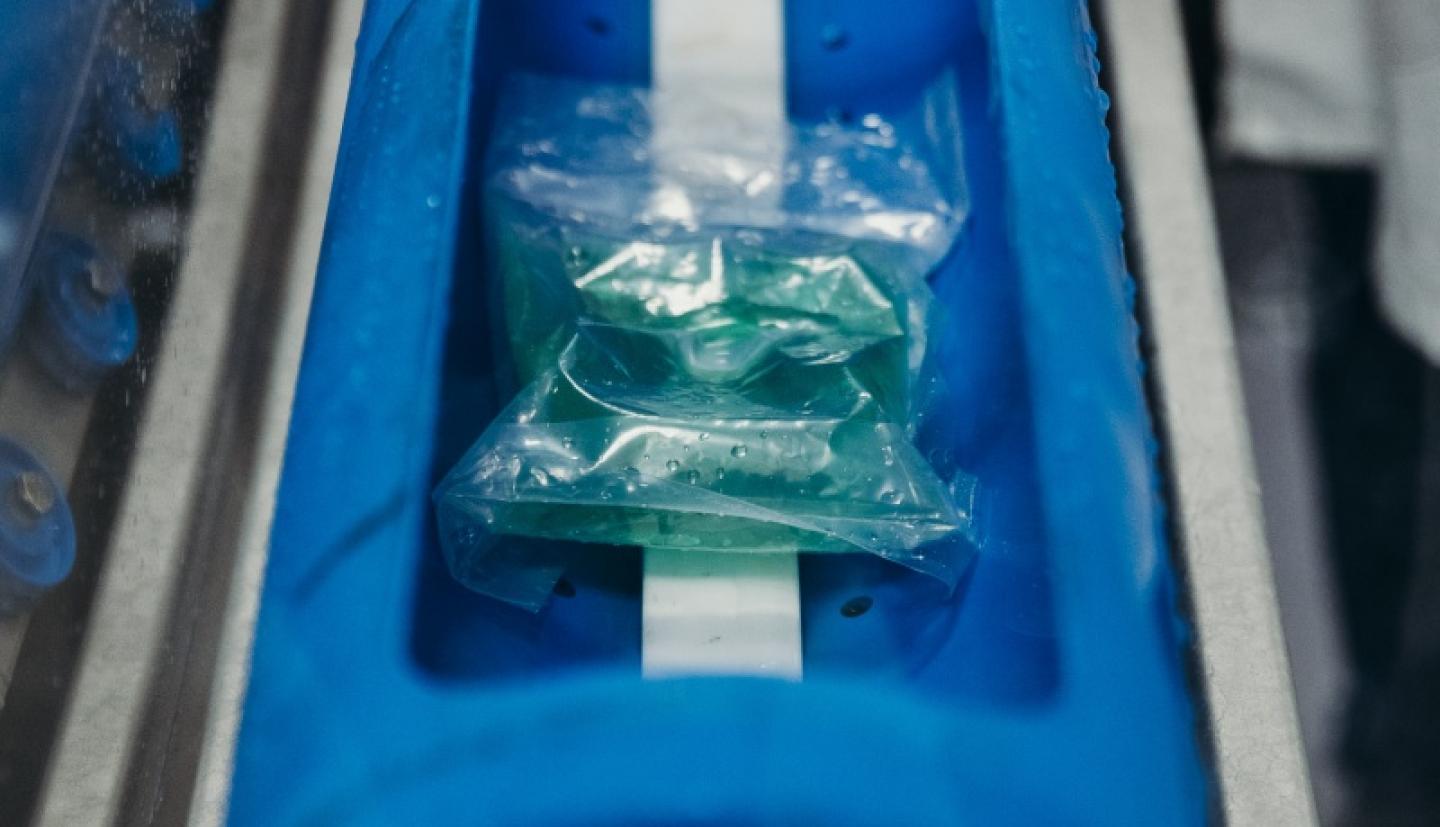Cornell University’s College of Agriculture and Life Sciences (CALS) and venture capital firm Medstrada announced Sept. 4 that they have partnered to establish an entrepreneurial community in New York state poised to take on some of the world’s most pressing challenges in agriculture, nutrition and food production.
The collaboration will help support startup companies in New York focused on innovation in food and nutrition technology. The partnership will take advantage of CALS’ world-class capabilities in food, agriculture, engineering, and data and information science research and education, along with established infrastructure such as its Center of Excellence for Food and Agriculture, located at Cornell AgriTech. By linking Medstrada’s network of venture capital investors with Cornell’s interdisciplinary researchers and technology, the organizations seek to foster economic development and create a dynamic food technology center in New York.
“This is a critical moment to solve intrinsic problems facing current food and agriculture infrastructures across the globe,” said Jan Nyrop, associate dean at CALS and the Goichman Family Director of Cornell AgriTech. “By attracting investors and entrepreneurs to New York’s burgeoning food technology industry, we can accelerate economic growth while giving consumers more choices, by finding new ways to combine our research with the small and nimble companies that invent and innovate.”
As a land-grant university with supreme basic and applied science research capabilities, Cornell is uniquely situated to foster food and nutrition research to create a positive impact on human health and improve access to more nutritious foods. The partnership is a continuation of Cornell’s work to leverage assets and intellectual property to solve global challenges while advancing employment in New York.
The partnership will aid the startup of new companies and support the growth of existing ones by promoting business clusters around food production, distribution and systems. Medstrada, based in Tel Aviv, Israel, and focused on food and nutrition technologies, brings access to business networks and executive talent and a proven ability to assess market potential, build brands, test business models and grow successful companies from technological ideas.
Ruti Alon, CEO of Medstrada, said: “Cornell CALS is the world leader in food technology innovation, and we see strong opportunities to invest in the intellectual capital created here and linking it with entrepreneurs who are flocking to New York.”
Potential collaborations CALS and Medstrada are exploring include providing business development services and mentoring; linking companies with venture capital; sponsoring research work with startup companies at Cornell; creating internship opportunities for students and sabbaticals for faculty to engage with specific companies; and working together to identify opportunities for novel projects.
“Venture capital has enormous potential to grow companies and aid consumers here in New York and around the world by injecting resources into promising ideas,” said Lev Perelman, director of business development and research partnerships at Cornell CALS. “We are thrilled by the opportunity to help advance innovation and enhance development by partnering with a venture capital firm like Medstrada. We see this as a growth opportunity that leverages Cornell’s premier research standing as we support our researchers and scientists in bringing ideas to market through access to venture capital.”
Ultimately, according to Perelman, the goal is to expand this model beyond CALS and Medstrada, to include other academic institutions and venture capital investors, to grow and sustain an ecosystem of food tech businesses in New York state.







